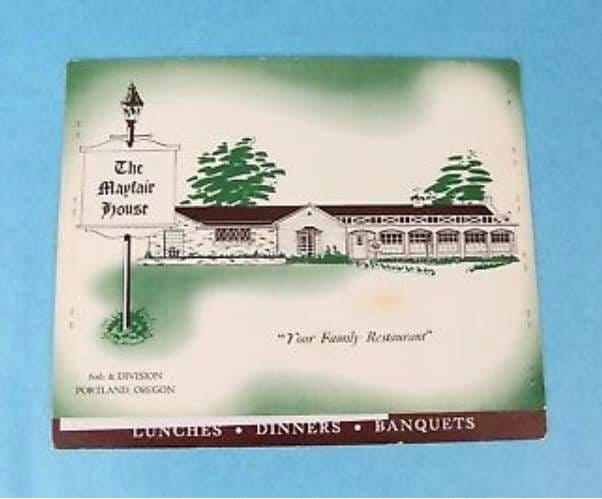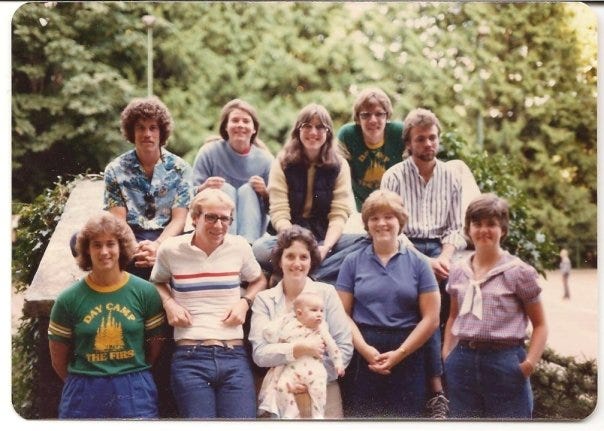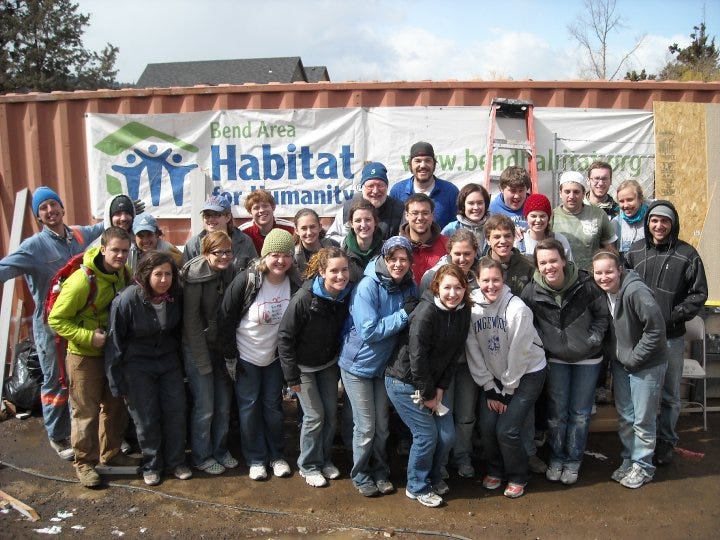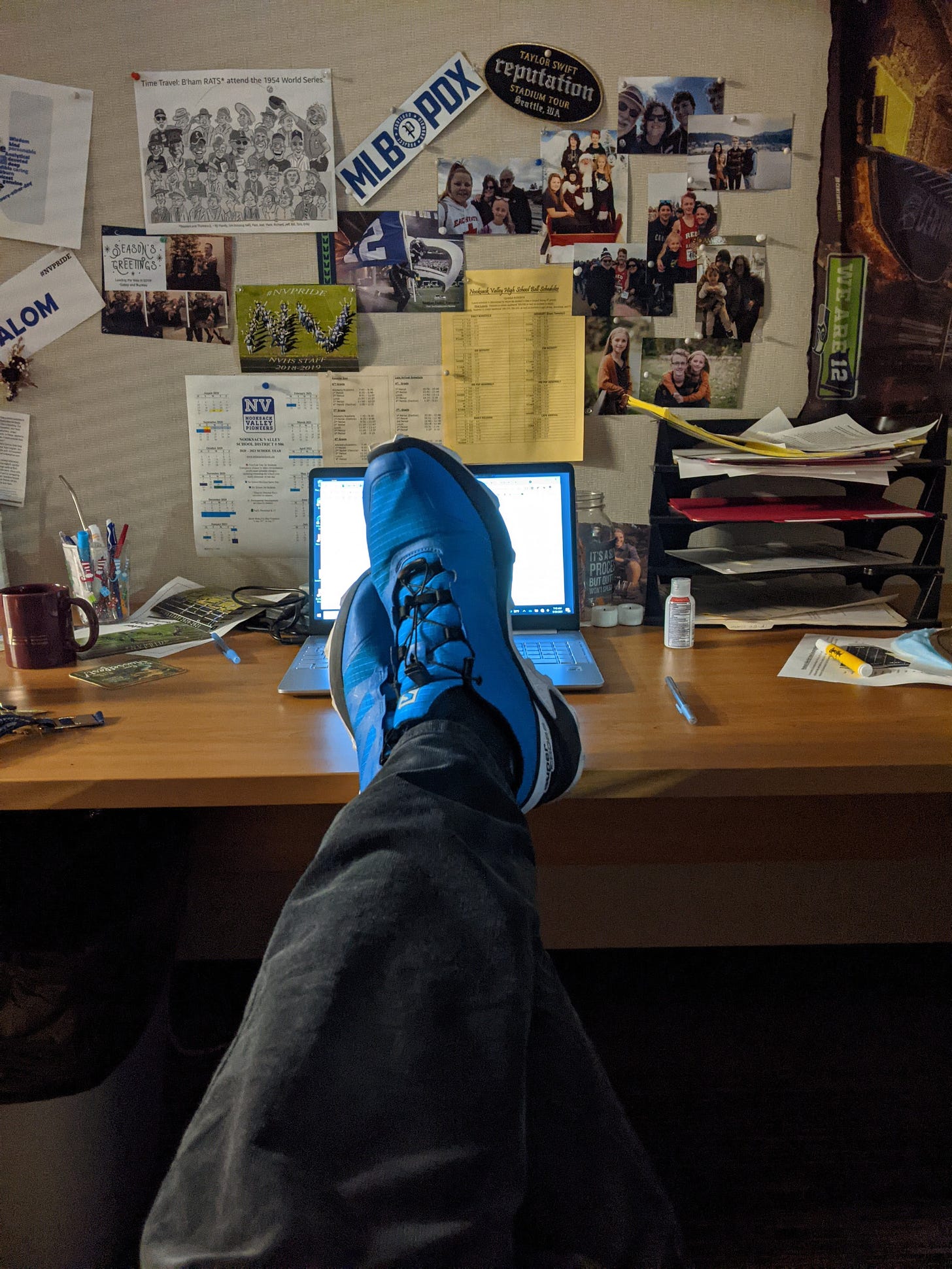Crash Course, my first book is available  for pre-order as of today.
for pre-order as of today.
follow this link for more information and links – https://jimschmotzer.substack.com/p/book-release
Crash Course, my first book is available  for pre-order as of today.
for pre-order as of today.
follow this link for more information and links – https://jimschmotzer.substack.com/p/book-release
It’s 2025 and I am officially retired from whatever that last phase of work was. So what’s next?
I am open for life coaching clients, with a focus on life clarity, decision making and transitions.
I am open for organizational and leadership consulting/mentoring, with a focus on organizational transitions (including serving as an interim leader), strategic planning and clarity, mentoring those new to leadership or in a new setting.
And I am writing. I have a fiction book in the editing process, am working on a novel, and have three poems being published in an anthology in March. You can keep up with my current writing by following me at: https://jimschmotzer.substack.com/
I look forward to connections in the coming days.
Yesterday I facilitated a workshop on “Recruiting, Training, and Supporting Volunteers” at the Diocese of Olympia Convention. I love leading workshops and have recently done sessions focused on Volunteers, Effective Program Planning, Building Teams, Effective Group Work and more. My focus is practical insights that will be helpful in real life organizational situations.
After my session yesterday one of the the attenders said, “Thank you so much. This was so helpful. I can use it in real ways.”
Let me know if I can help your organization with a workshop or other training.

I grew up in the era of the American Dream, the self-made man (person?), upward mobility (climbing the ladder), and career paths with influences of Horace Greeley and lingering manifest destiny. My story is more one of wandering, stumbling or rambling ahead.
As a kid I had ideas and interests, but nothing compelling or solid. My parents expressed little in the way of expectations or direction beyond “You better be able to take care of yourself.” At school, either I wasn’t paying attention, or they weren’t saying much to help me “find” my career, life path.
Growing up in the Vietnam War era made college sound like a good idea. Wait, I’m getting ahead of myself. Let’s start again.
My convoluted job path
After years of berry picking, paper routes, door to door candy sales, greeting card sales and a few other odd jobs, Bill Hodge (a church friend, home from college for Christmas), suggested I consider Summer Service Corps (SSC). I applied and got accepted. SSC was basically the way Conservative Baptists staffed summer camps and other affiliated programs around Oregon. It was the summer of 1971, and I was 17 when I went away from home for the first time to work at camp. I split my weeks between washing dishes and cabin counseling. I loved it. I also met Connie Butler, who I would marry years later.
Coming home in the fall for my last year of high school, I needed a job. Sherman Goodson (my maternal grandfather) was the head cook at the Mayfair House restaurant at 82nd and Division, in Southeast Portland. I applied and got hired as a dishwasher. One evening, after I had been there a few months the owner was making a pass through the kitchen. My grandpa stopped him, nodded toward me and said, “We got a good one in that kid.”
The owner responded. “We sure do.”
My grandpa took a breath and continued, “Bet you didn’t know that’s my grandson.”
“Well, I sure didn’t.” Which was followed by. “Got any more grandkids we can hire?”

By June 1972 I had graduated from high school, quit my restaurant job and returned to camp for another summer as a full time counselor. I loved working at camp.
In the fall of 1972, I started community college in Bend Oregon, and I needed a job. My mom connected me with Dave Rowley (the husband of a friend of hers through some unknown connection). Dave was working as a delivery driver for the local Coca-Cola distributor. I was soon working in the warehouse.
As I was making my way through college, I had little long-range career plans or aspirations. I knew I loved working at camp and wanted to find a way to continue. At the urging of a mentor friend, Mike Gower (part of the state Baptist youth leadership), and Connie I decided to apply to be a counselor at Camp Firwood, an independent, non-denominational Christian camp in Bellingham Washington. I had never been north of Seattle and knew little of what I was getting into.
I was accepted to the Firwood staff, and that summer broadened my understanding of camping by moving beyond my Baptist upbringing.
Fall of 1973 I was back in Bend and back at Coca-Cola. I stayed through the summer of ‘74 and getting married that September.
I transferred to Oregon College of Education to become a teacher. I hoped that teaching would be a way to work with kids and that the schedule would allow me to continue working at camp in the summer. And I needed a job. Lee Britton (lead counselor at Firwood in 73) drove bus for Salem Public Schools and encouraged me to apply. I applied and was a bus driver for my last two years of college, graduating in 1976.
The summer of 1976 I wanted to return to camping and became the day camp director at the Firs in Bellingham. The Firs is connected to Camp firwood. I spent the spring and summer looking for a teaching job in Oregon. I had several interviews including one with a principal who showed me fifty plus files and said, “Lucky you got an interview.” I got a call that I had finished second.
Summer camp ended and Connie and I returned to Oregon a week before school was scheduled to start. I called the college placement office and asked if it was too late to find a job. The response was. “Oh no. You call every day and I promise we can get you a job by the end of the week.”
I called daily, followed up on leads, and had two interviews set for Friday afternoon. I was offered a job on the spot at the second interview. Mill City, a small mill town in the mountains. The mill had closed years earlier. The interview ended with the superintendent asking, “You’re a guy. You can coach too, right?” We signed the contract on the hood of his car, outside the house we would be renting from the district, late on Friday afternoon. I started prepping my fifth-grade classroom on Monday morning. After teaching (and coaching) one year at Mill City Elementary it was back to Bellingham and the day camp for the summer.
Mid-summer 1977 I got a call from a principal who had interviewed me the year before. He had a new opening and offered me a job. The school was closer to where we wanted to live. I had to get out of my Mill City contract to finalize the shift. Oh, and Lee Britton was the connection (his dad was the custodian/bus driver) to Brooks Elementary, and he had recommended me.
Summer 1978 it was back to camp in Bellingham. School in the fall and then back to camp for the summer of 1979.

Dick Eley (staff member and my summer supervisor) was my primary contact and advocate at the Firs. I wanted to be in camping full-time. Eventually we worked out a position description. I, again, asked to be released from a teaching contract and Connie and I moved to Bellingham in the fall of 1979.
In 1985 an organizational crisis resulted in a leadership transition (Dick was forced out), that resulted in my needing a new job. Thanks to the Moore’s, Hansey’s (connections we had made while at the Firs who were also involved at Birchwood Presbyterian) and other friend’s recommendations we had been attending Birchwood Presbyterian Church (BPC). At the time I was leaving the Firs, Birchwood was looking for a Director of Christian Education. In March of 1985 I began a 12-year run with the church.
While working at BPC I was asked to teach parenting classes for fathers of preschoolers in a local community ed program. I can’t remember who made the connection, but it helped. And the extra money was helpful, too.
I left Birchwood Presbyterian in 1997 after a rough last year. It was also a tough year for our family, including my dad’s death from lung cancer in August 1997.
While in transition Melissa (Menti) Pitsch (she had been a day camp counselor and a friend over the years who taught school locally) encouraged me apply to teach in the City University graduate school of Ed. I applied and got hired. This provided a part-time bridge for a few years.
The summer of 1997 my friend Bill Palmer (we met through volunteer work at Columbia Elementary) recommended me for part time work with a fund-raising project at First Presbyterian Bellingham. That summer gig turned into an interim role as director of the Inn college ministry. Within six months I was asked to stay on full-time. I never applied or interviewed and was there for 14 intense years. I loved the relationships and sense of working as a team with young adults. I struggled with knowing I was not skilled in similar ways to previous directors and clashed with another leader for too many years.

In July 2011 I left the Inn. I began piecing together a variety of jobs. Here is a link to a piece I wrote during this time Job Shift. I started a coaching business (almost all work through connections, friendships, relationships), worked briefly for the Presbyterian denomination collegiate ministries (Thanks to a series of people I had built relationships with on the national level), conducted church assessments in numerous setting across the country (thanks to Corey Schoessler Hall, our Presbytery exec at that time), worked with a trust (based on longstanding relationships developed while at the Inn), did some school sub work, and a few other random jobs.
In early 2014 continuing relationships brought me back to Birchwood Presbyterian as lead staff for a year of transition as they found a new pastor.
In the fall of 2014, as the BPC gig was ending and the national church assessment program was cancelled, Connie mentioned seeing an ad for a Mentor Coordinator position with Nooksack Valley Schools.
Nooksack Valley Schools are in rural Whatcom County, about a 30-minute drive from our home. The superintendent, at the time, was Mark Johnson, father of Stacey and Jill and father-in-law of Seth Thomas (all who I knew well through the Inn). I called Mark to get more info about the job. Our conversation ended with him encouraging me to apply. I did. Got an interview and was offered the job. What I thought might be a nice short-term bridge has continued and I will be starting year nine in August of 2023.

Some lessons or insights leaned on this career journey:
The reality is you may be overwhelmed and desperate or fighting a low level nagging frustration. We are stuck in a cycle of procrastination and panic (see my earlier post https://jimschmotzer.com/2015/blog/the-3-dreaded-ps) You hear the guarantee, somebody dangles the promise of virtually no work and amazing results. Stop me if this doesn’t sound like every other late night cable TV deal. You decide to take control and change your ways. You buy the deluxe package. And within two, maybe three weeks you’re back to your old habits.
Systems generally work for the developer and other like-minded people. And if you are anxious enough or work hard enough, most systems will do the job. But the probability of sustaining a system is about as likely as the Mariners winning the World Series in my lifetime (sorry for the digression). If you are ever going to dig out of this you need something more.
Let’s refocus and start over.
The bottom line is, things can be different. Understanding yourself, clarity of commitment and active follow-through can bring about change. A Coach can provide that needed support and boost to get from dead-end frustration to purposeful action. Let me know if you’d like to explore working together for better days ahead.
This piece, by my friend Dana Little, shares her journey toward and lessons learned in her transition to self-employment. https://amplify.fons.com/sink-or-swim-heres-how-you-ll-know-when-it-s-time-to-jump-into-self-employment-e2fae5412ba8
It doesn’t matter what you know,
it’s how you teach it. Herm Edwards
Nobody wants to sit through a seminar or class and leave thinking it was a waste of time. Good teachers want students to learn and hopefully enjoy the process. Following are some ideas to help make the most of adult learning opportunities:
Enjoyed guiding EPIC (the Episcopal campus ministry in Bellingham) through a visioning process. Follow this link for more about the day, the process and the results. https://epicwwu.org/